Struggling with bland meals despite following recipes? You're not alone. Most home cooks make three critical seasoning mistakes that undermine flavor: adding salt too late, using pre-ground spices, and ignoring temperature's impact on flavor release. This guide delivers immediately actionable solutions used by professional chefs, backed by food science but presented in practical terms you can use tonight. Within minutes, you'll learn how to season properly for restaurant-quality results at home.
Unlike generic spice lists, we'll cover exactly when and how much to add for perfect balance every time. No chemistry degree required - just simple techniques that transform ordinary cooking into extraordinary meals.
3 Immediate Fixes for Bland Food (No More Guessing)
Before diving into science, implement these proven solutions today:
- Salt in stages: Add 25% of salt at cooking start (helps protein binding), 50% midway (enhances flavor development), and 25% at the end (brightens final taste)
- Freshly grind whole spices: Pre-ground spices lose 70% of flavor compounds within 2 weeks. Keep whole peppercorns, cumin seeds, and coriander seeds for grinding just before use
- Temperature-timed additions: Delicate herbs go in last (basil, cilantro), robust spices early (cumin, paprika), and acids midway (lemon juice, vinegar)
| Common Problem | Quick Fix | Time to Implement |
|---|---|---|
| Food tastes flat | Add pinch of acid (lemon juice/vinegar) to activate taste receptors | 30 seconds |
| Over-salted dish | Add raw potato chunk (absorbs excess salt) or 1 tsp honey (balances perception) | 5 minutes |
| Seasoning disappears | Bloom spices in oil first (heat 1 tsp oil to 140°C, add spices for 30 sec) | 2 minutes |
| Bitter aftertaste | Add 1 tsp sugar or cream to counteract bitterness compounds | 1 minute |
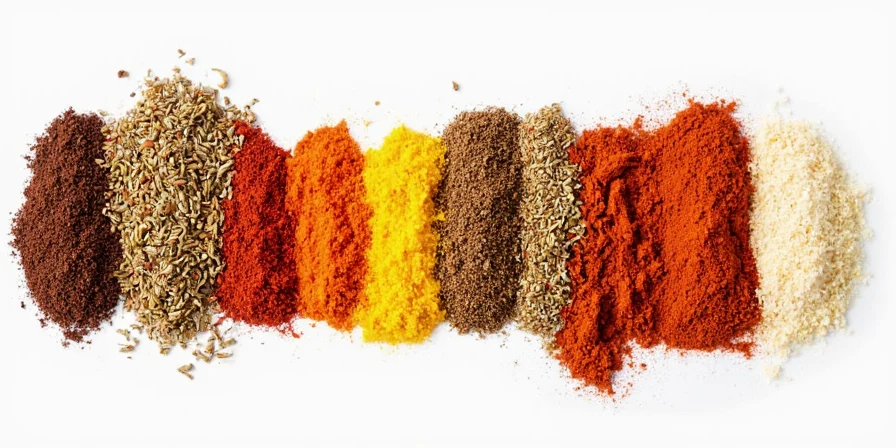
When to Add Each Seasoning (The Practical Timeline)
Timing matters more than quantity. Follow this chef-tested schedule for perfect seasoning integration:
- Pre-cooking: Salt proteins 20-30 minutes before cooking (draws out moisture for better browning)
- Start of cooking: Robust spices (paprika, cumin, turmeric) in hot oil to release flavor compounds
- Middle stage: Acids (vinegar, wine) to balance developing flavors without burning off
- Last 5 minutes: Delicate herbs (basil, dill) and fresh garlic to preserve volatile compounds
- Plating: Finishing salt (Maldon, flake salt) for texture and immediate flavor impact
Pro tip: For soups and stews, add 30% less seasoning initially than you think you need. Flavors concentrate as liquid reduces - you can always add more at the end.
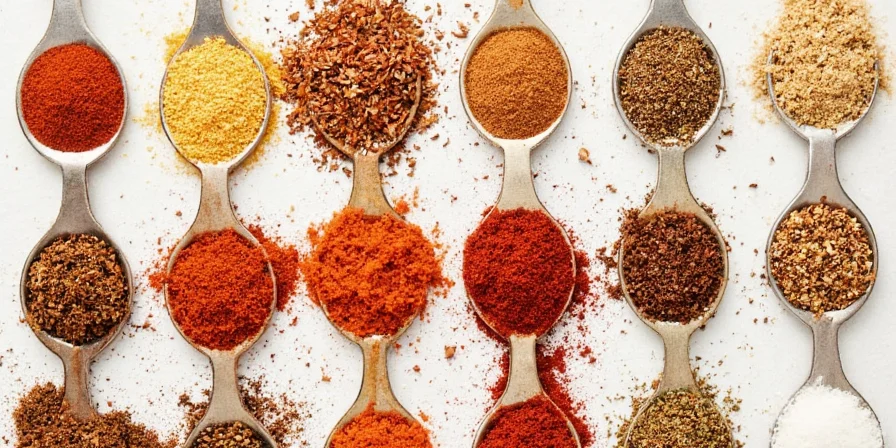
Perfect Spice Pairings Cheat Sheet
Stop guessing which spices work together. These combinations deliver balanced flavor every time:
- Chicken: Thyme + garlic + lemon zest (add smoked paprika for depth)
- Beef: Rosemary + black pepper + onion powder (add cocoa powder for richness)
- Fish: Dill + lemon + parsley (add capers for briny complexity)
- Vegetables: Oregano + red pepper flakes + olive oil (add balsamic for sweetness)
- Desserts: Cinnamon + vanilla + pinch of salt (add espresso powder for depth)
Master ratio: Use 1 teaspoon dried herbs or 1 tablespoon fresh herbs per pound of protein. For spice blends, follow the 40-30-20-10 rule: 40% salt/umami, 30% aromatics, 20% acids/heat, 10% special accents.
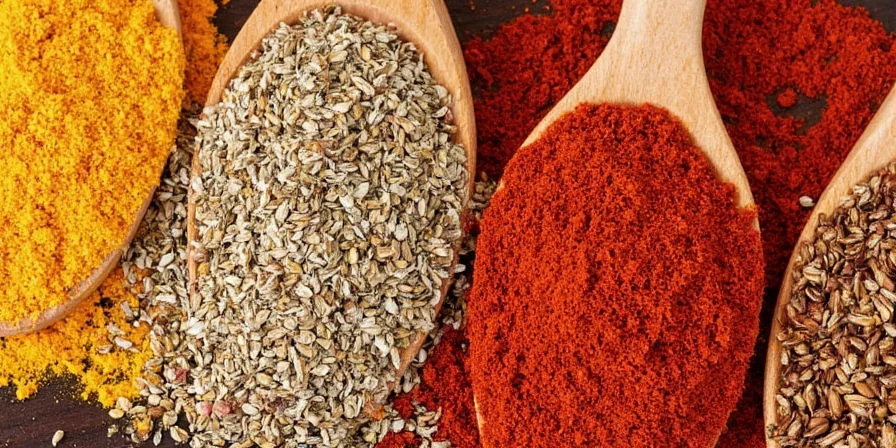
Fixing Common Seasoning Mistakes
Rescue meals gone wrong with these science-backed solutions:
- Over-salted: Add raw potato chunks (starch absorbs salt) or 1 tsp honey (tricks taste receptors)
- Too spicy: Stir in 2 tbsp yogurt or coconut milk (casein binds with capsaicin)
- Bitter flavors: Add small amount of fat (olive oil) or acid (lemon juice) to balance compounds
- Flat taste: Finish with splash of acid (vinegar or citrus) to activate flavor receptors
Important: Fix seasoning issues gradually. Add small amounts, wait 2-3 minutes for flavors to integrate, then reassess.
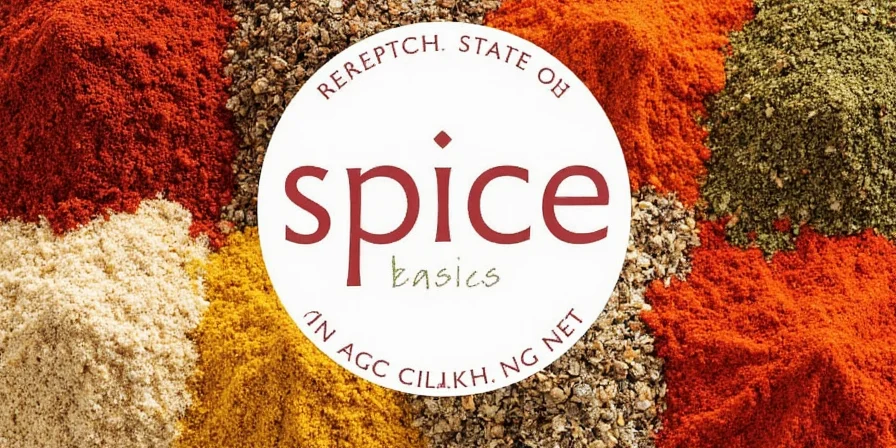
Building Your Essential Seasoning Kit
Start with these 8 versatile ingredients instead of collecting dozens of single-use spices:
- High-quality sea salt (for foundational seasoning)
- Freshly ground black pepper (piperine boosts other flavors)
- Garlic powder (more consistent than fresh garlic)
- Onion powder (adds sweetness without texture)
- Smoked paprika (for instant depth and complexity)
- Dried thyme (versatile herb that works with most proteins)
- Lemon zest (freeze fresh zest for instant brightness)
- Red pepper flakes (controlled heat without vinegar taste)
Pro storage tip: Keep spices in airtight containers away from heat and light. Whole spices last 1-2 years; ground spices only 6 months. Test freshness by rubbing between fingers - if little aroma releases, it's time to replace.
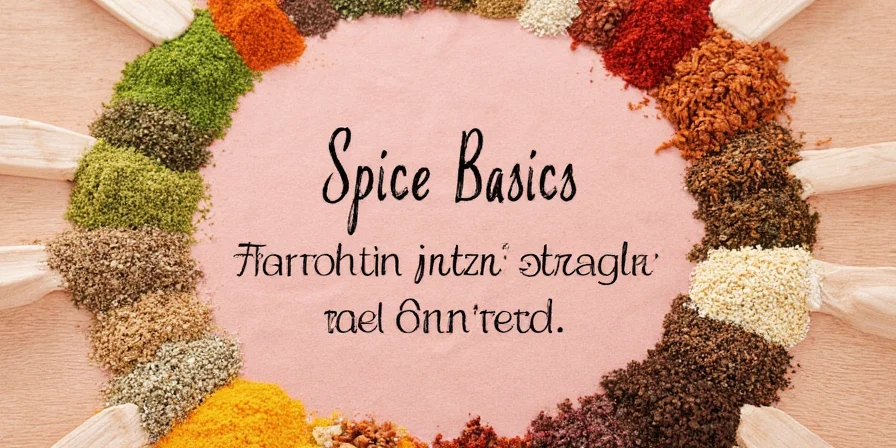
Advanced Techniques (Once You've Mastered Basics)
After perfecting fundamentals, try these professional methods:
- Bloom spices: Heat 1 tsp oil to shimmering (140°C), add spices for 30 seconds before adding other ingredients
- Dry-brine proteins: Salt meat 24 hours before cooking for deeper flavor penetration
- Layer acids: Use multiple acid sources (tomatoes + vinegar + citrus) for complex brightness
- Create finishing oils: Infuse oils with herbs for final flavor boost without cooking them
Frequently Asked Questions
Q: How much salt should I use when starting out?
A: Begin with 1/4 teaspoon salt per pound of meat or 4 cups of vegetables. Taste after cooking and adjust. Most home cooks under-season by 30-50% - remember that some salt is lost during cooking.
Q: Why does my seasoning disappear as food cooks?
A: Heat causes volatile flavor compounds to evaporate. Solution: Add delicate herbs and acids later in cooking. For long-cooking dishes, add 30% less seasoning initially and adjust at the end when liquid has reduced.
Q: What's the easiest way to fix over-seasoned food?
A: For oversalted dishes: Add raw potato chunks (absorbs salt) or 1 tsp honey (balances perception). For overspiced food: Stir in 2 tbsp yogurt or coconut milk. Always fix gradually, tasting after each addition.
Q: How can I make my spices last longer?
A: Store spices in airtight containers away from heat and light. Whole spices last 1-2 years; ground spices only 6 months. Freeze fresh herbs and citrus zest. Test freshness by rubbing between fingers - if little aroma releases, replace them.

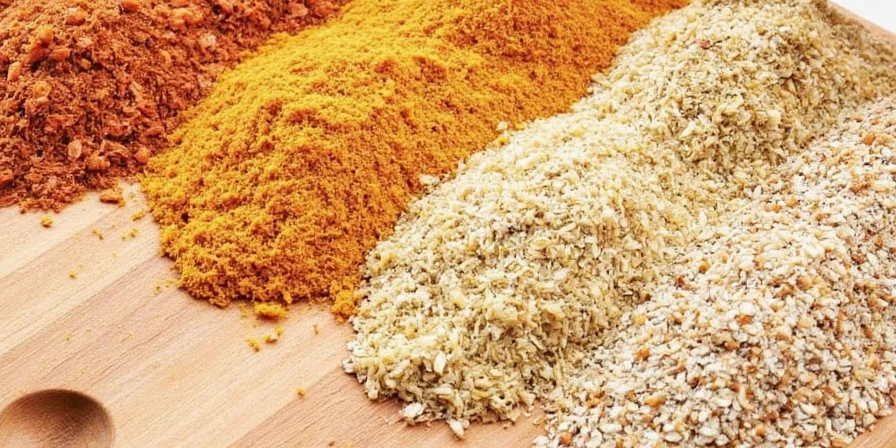









 浙公网安备
33010002000092号
浙公网安备
33010002000092号 浙B2-20120091-4
浙B2-20120091-4